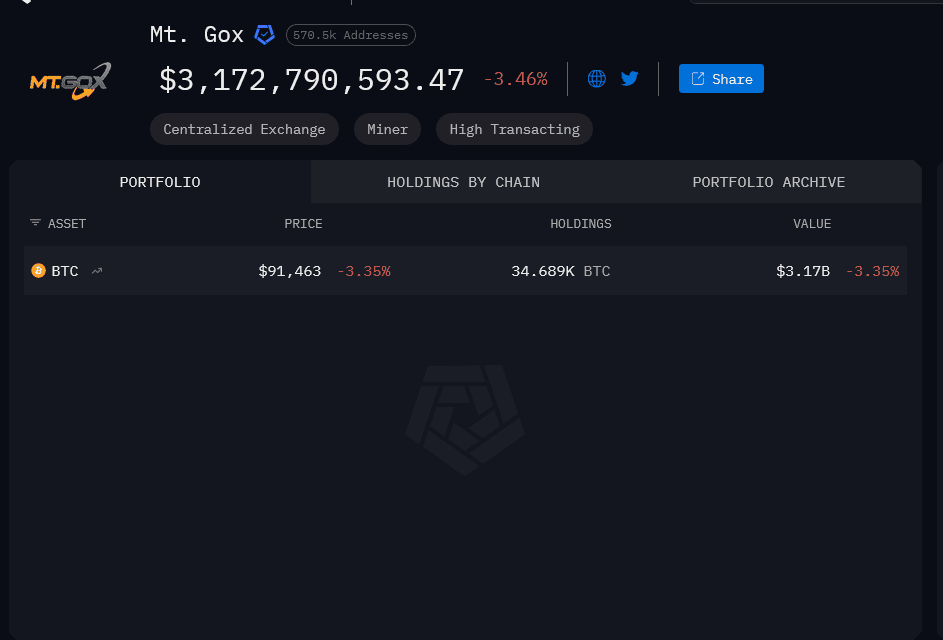SEC Obscures Boundaries of Crypto Regulation Amid 2026 Oversight Changes
- U.S. SEC removed crypto from 2026 examination priorities under Trump's deregulatory agenda, shifting focus to cybersecurity and investor protection. - The move reflects normalization of digital assets within mainstream finance, aligning with global trends to apply existing rules to crypto. - While reducing crypto-specific oversight, SEC retains authority to address risks in AI and automated investment tools. - Market sees the shift as pro-industry, but cybersecurity and compliance demands remain critical
The U.S. Securities and Exchange Commission has excluded cryptocurrency from its list of examination priorities for 2026, signaling a notable change in policy direction under President Donald Trump. The absence of a specific crypto section in the SEC’s annual priorities report reflects Trump’s broader deregulatory stance toward the sector, a period during which his family has ventured into crypto businesses such as trading platforms, mining, and stablecoins
The SEC’s Division of Examinations, responsible for monitoring investment advisers and broker-dealers, will now concentrate on broader issues like fiduciary responsibilities, cybersecurity, and protecting investors
Experts interpret this development as an effort to bring crypto under the same regulatory umbrella as other financial products, rather than treating it as an exception. Financial analyst Mason Blak C observed that the SEC is no longer singling out crypto as a “problem area,” but is instead applying existing regulations to digital assets alongside traditional offerings

Industry observers have largely welcomed the change, viewing it as a positive sign for the crypto market. The sector has already experienced growth under Trump’s administration, with looser regulations spurring innovation and investment. Nevertheless, the SEC’s new direction does not eliminate all risks. The agency’s focus on cybersecurity and operational strength underscores persistent concerns about vulnerabilities in the crypto space
The SEC’s strategy is consistent with a worldwide movement to integrate crypto regulation into existing financial frameworks. Regions like the European Union and Japan have also begun applying established financial regulations to digital assets, aiming to balance innovation with investor safety. For American companies, the 2026 priorities indicate the need to prepare for examinations that combine crypto oversight with wider compliance requirements
Disclaimer: The content of this article solely reflects the author's opinion and does not represent the platform in any capacity. This article is not intended to serve as a reference for making investment decisions.
You may also like
Crypto Crash Reasons: Here is why Cryptos are Crashing
Mt. Gox Just Moved Nearly $1B in Bitcoin. Should You Be Worried?

Bitcoin News Update: Canaan's Shift Toward Bitcoin Mining Drives 18% Increase and Sets New Record in Holdings
- Canaan Inc. shares surged 18% pre-market after Q3 revenue jumped 104.4% to $150.5M, surpassing estimates. - Bitcoin mining revenue soared 241% to $30.6M, driven by 267 BTC mined and 10 EH/s computing power sold. - Company boosted crypto holdings to 1,610 BTC/3,950 ETH by October 2025 and secured a 50,000-unit mining machine order. - Q4 revenue guidance ($175-205M) exceeds $148. 3M estimates, but risks include U.S. tariffs and regulatory shifts. - Analysts maintain "buy" ratings with a $3.00 price target

BCH Climbs 5.6% Over 24 Hours as Institutions Adjust Their Portfolios
- BCH surged 5.6% in 24 hours to $514.6 amid mixed 1-month (-3.14%) and 1-year (19.29%) performance. - Institutional investors reshaped holdings: Itau Unibanco cut 21.3% stake, while Goldman Sachs and Robeco increased positions. - Analysts raised price targets to $33-$35 with "neutral" ratings, though Zacks upgraded to "strong-buy" amid improved long-term outlook. - BCH maintains 1.24% institutional ownership, 12.92 P/E ratio, and stable financial metrics (quick ratio 1.53, debt-to-equity 2.00).
